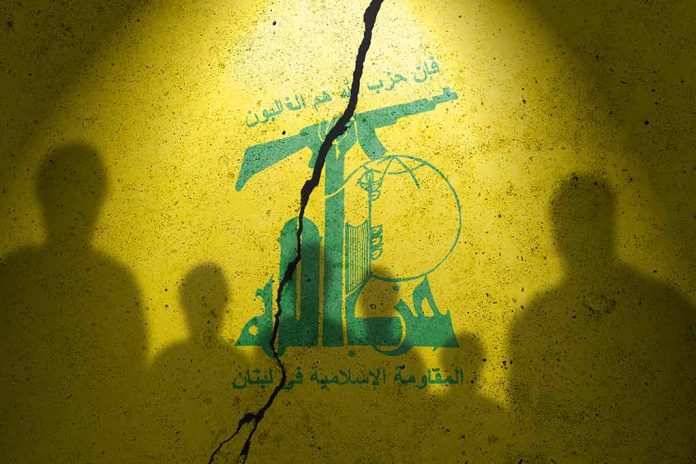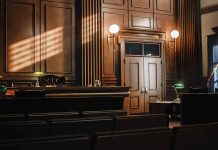
In Dearborn, Michigan, a memorial for Hezbollah leader Hassan Nasrallah sparked significant U.S. scrutiny.
At a Glance
- Israel’s assassination of Hezbollah leader Hassan Nasrallah is a significant blow to the group and the region.
- Religious leaders praised Nasrallah and Iran’s leadership while condemning the United States as a promoter of “terrorism”.
- Streamed live on YouTube, the memorial featured speeches vowing to continue Hezbollah’s cause.
- Rising vigilance towards potential radical activities in Dearborn follows the event.
Dearborn Memorial Sparks Controversy
In Dearborn, Michigan, the memorial service for long-time Hezbollah leader Hassan Nasrallah elicited significant controversy, drawing heightened scrutiny from U.S. authorities. Nasrallah, who led the militant group for 32 years, was recently killed in an Israeli airstrike. The memorial, streamed live on YouTube, saw religious leaders praising Nasrallah and Iran’s leadership while condemning the United States as a promoter of “terrorism.”
Live-streamed speeches venerated Iranian revolutionaries and called for Muslim solidarity. This event occurred shortly after Nasrallah’s death, underscoring Hezbollah’s divisive presence. The gathering has consequently heightened vigilance toward radical activities within the U.S., particularly in Dearborn, which hosts a large Muslim community.
Implications of Nasrallah’s Death
Israel’s assassination of Nasrallah represents a significant blow to the group and the region. Nasrallah’s leadership shaped Hezbollah into a major political and military force in the Middle East. His death has elicited mixed reactions across the Arab world, ranging from tears to celebrations.
This assassination leaves Hezbollah without a clear successor during a critical time, raising concerns about potential escalation into all-out war involving Iran and the U.S. Analysts believe Hezbollah will need time to recover from the shock, exposing its vulnerability and potentially shaking the confidence of its Iran-backed allies.
“Nasrallah’s killing is a significant setback for Hezbollah, not only because of the pivotal role he played in Hezbollah’s strategy but also because his elimination reveals the extent of the group’s vulnerability vis-à-vis Israel,” said Lina Khatib, an associate fellow at Chatham House.
Hezbollah’s Uncertain Future
Potential successors to Nasrallah include Hashem Safieddine and Nabil Kaouk, but no official successor has been named. Hezbollah has recently suffered a series of devastating attacks, further weakening the group. Nasrallah transformed Hezbollah into a force to be reckoned with; the new leader will face considerable internal resentment and frustration amidst Lebanon’s economic and political crisis.
Iran’s response to Nasrallah’s death is also uncertain. Ayatollah Ali Khamenei has made vague statements of support without indicating clear actions. Iran faces a dilemma: responding could escalate the conflict, but not responding might signal weakness. Rising sectarian tensions and Lebanese humanitarian crises further threaten stability.
Community Reaction and Rising Tensions
In Dearborn, Lebanese-Americans mourn the deaths and the ongoing violence in Lebanon. Wayne County Deputy Executive Assad Turfe expressed solidarity with the Lebanese community, emphasizing resilience and strength. However, local leaders worry about the broader implications of such events for U.S. security.
The growing scrutiny reflects concerns about radicalization and the potential for escalated conflict. As Hezbollah navigates this turbulent period, U.S. authorities remain vigilant, monitoring the situation closely to ensure national security.













